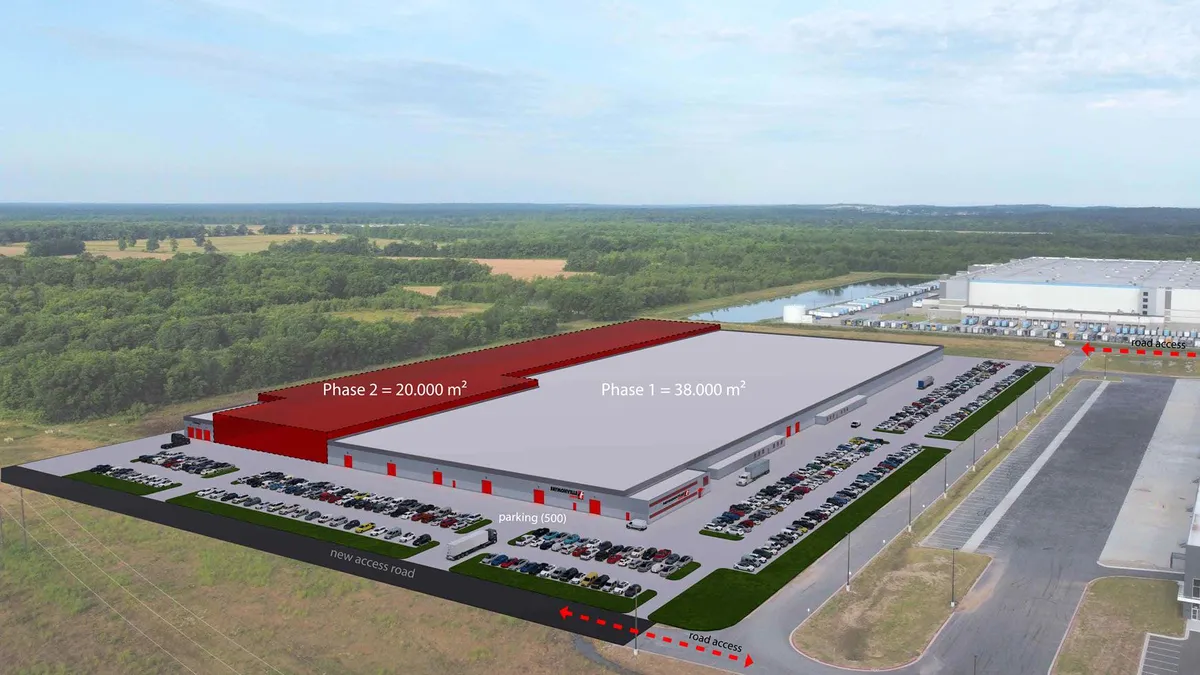2026-02-03
Manufacturing
2024-11-22
1417 Read.

The family-owned Faymonville Group was first introduced to Arkansas through its relationship with trailer dealership Hale Trailer, delivering its first vehicle to the U.S. in 2016, according to the press release.
Faymonville produces three vehicle brands, Max Trailer, Faymonville and Cometto, according to the release. The brands are comprised of “low loaders, lowbed trailers, flatbed trailers, inloaders and modular vehicles for all tasks in the field of special transport or heavy transport,” according to the company’s website.
After examining the area over the summer, Faymonville chose the Port of Little Rock for its access to major highways, railroads and waterways. The site is also within a mile of the Bill and Hillary Clinton National Airport, according to the port's website.
“We don't just supply special vehicles, we provide comprehensive transport solutions,” Faymonville Group CEO Alexander Fickers said in a statement. “What we particularly value about the U.S. market is its enormous potential, its practical, solution-driven mindset, and the much simpler administration compared to Europe.”
The trailer maker is also working on new products at its Luxembourg headquarters that aims to bring value to the U.S. market, the company said in the release.
The Faymonville Group currently has 1,400 employees across four manufacturing locations in Belgium, Luxembourg, Poland and Italy. Combined, the facilities produce approximately 3,000 units a year and delivered to 125 countries that generated around $500 million in revenue in 2023, according to the release.
Faymonville is entering the U.S. market as trailer orders decreased 55% year over year with 15,970 units in October, according to freight and equipment analysis firm FTR.
FTR Senior Analyst of Commercial Vehicles Dan Moyer cited the steep decline in trailer demand due to fleets prioritizing investments in new power units over trailers. He also pointed out uncertainty around the November elections and the hopes of lower prices as the reason fleets postponed trailer orders.
“Slightly elevated trailer inventories, reduced fleet spending, and shrinking backlogs are expected to pressure trailer production levels through the rest of 2024,” Moyer said in the report. “If 2025 trailer orders fail to rebound soon, some OEMs may need to extend or deepen production cuts into next year.”